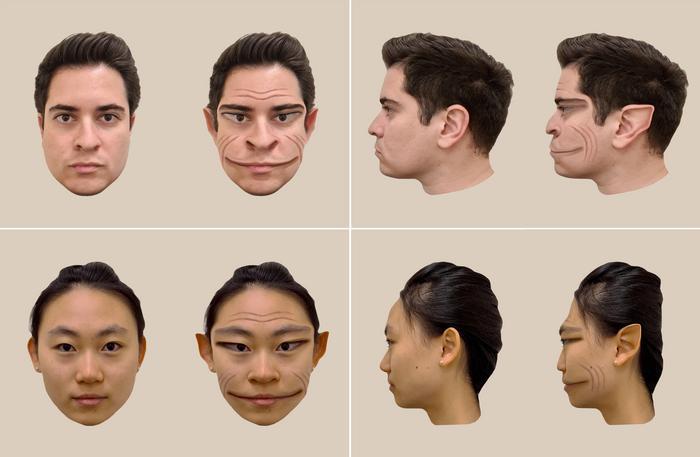To better understand face blindness, a disorder in recognizing faces, psychologists used footage from “Game of Thrones” in a study.

- Prosopagnosia or face blindness is a condition that prevents the recognition of faces and affects approximately one in 50 people.
- According to a recent study, the neural response to familiarity, or recognizing faces, involves brain regions linked to the processing of semantic, episodic and affective information.
- So, humans’ ability to recognize faces depends on what they know about people (personality traits, body language, feelings about them), not just their appearance.
1 in 50. That’s the number of people with face blindness or prosopagnosia. This is a condition that makes it difficult to recognize faces.. “Facial recognition is essential to everyday life and social interactions. When someone struggles in this area, it can have a significant impact on their life and relationships, often leading to mental health issues and social anxiety,” said Timothy J. Andrewsprofessor in the Department of Psychology at the University of York (England).
Brain: Increased brain activity in regions linked to processing emotional information
In a recent study, published in the journal Cerebral Cortex, the specialist and his team looked at this facial recognition disorder. They recruited 70 people without facial blindness and did brain scans while they watched sequences from the series “Game of Thrones.” “We chose this series because it has captivated people around the world with its strong characters and deeply nuanced personalities,” specified Kira Noadco-author of the research. Half of the participants knew the main characters of the series, while the other half had never seen the series.
When the main characters appeared on screen, MRI scans showed that in neurotypical volunteers who knew the characters, brain activity increased in brain regions associated with processing semantic, episodic, and affective information. Thus, adults recognized them based on their identity and what they knew about them, not their facial features. “However, familiarity also increased functional connectivity between face and scene regions in the visual brain and non-visual regions of the familiarity network,” can be read in the results. However, these waves of activity were significantly reduced in the group of neurotypical participants who had never watched the series.
Face blindness: linking the face to knowledge about the person, not their appearance
To determine whether these regions are important for face recognition, the authors then repeated the experiment with people with prosopagnosia. As with the previous group, half had watched “Game of Thrones” and the other half had never seen the series. “Consistent with their difficulty recognizing faces, the familiarity effect was not found in the same brain regions as in neurotypical adults.”
Given these results, the team concluded that humans’ ability to recognize faces depends on what they know about people (personality traits, body language, feelings about them), and not just on their appearance. “We now need to do further work to explore in more detail how activity in different brain regions allows us to recognise faces and what factors can disrupt this process,” concluded the researchers.
















